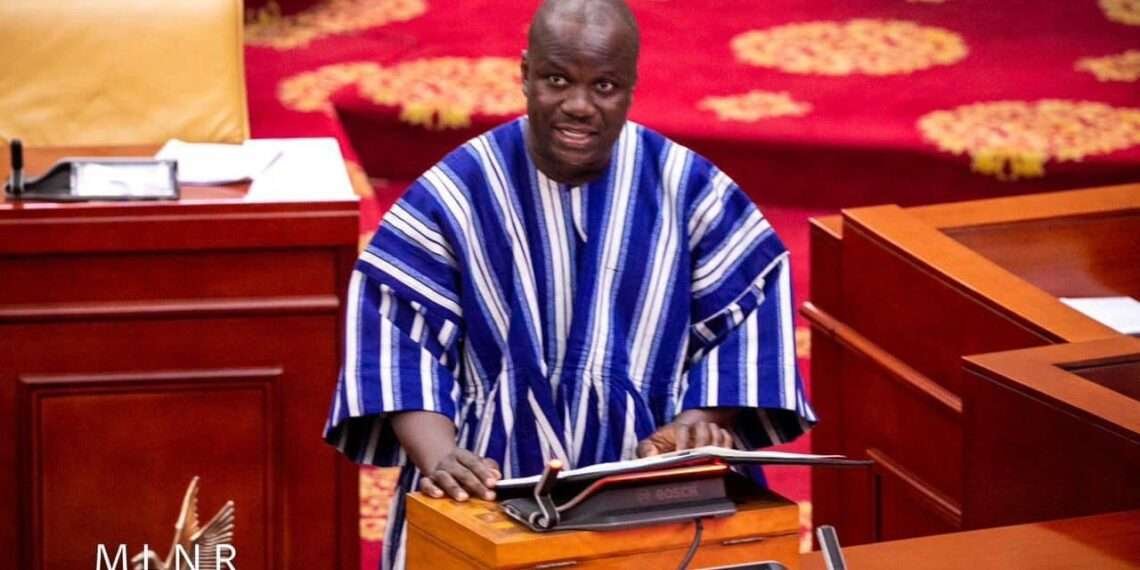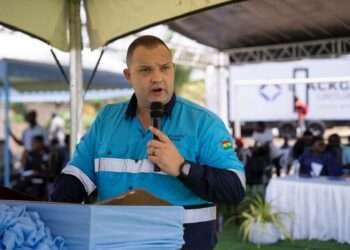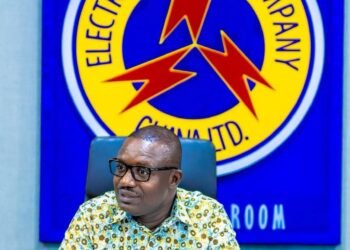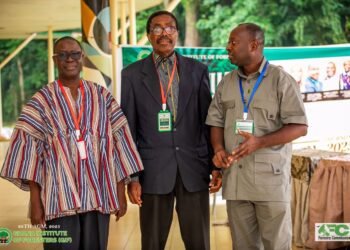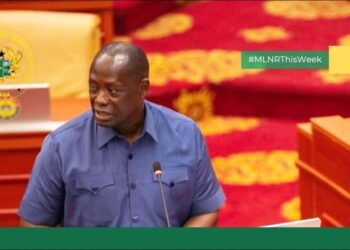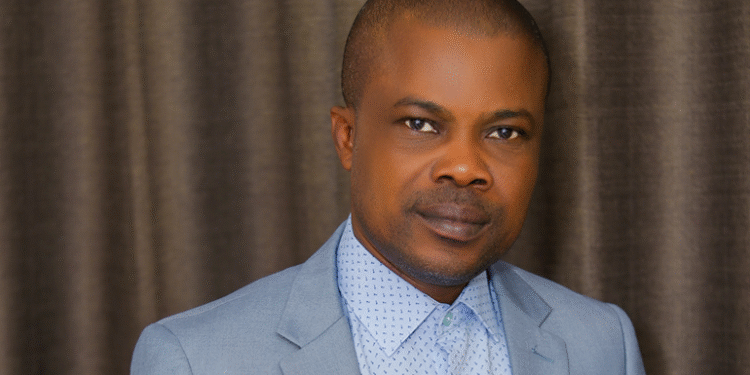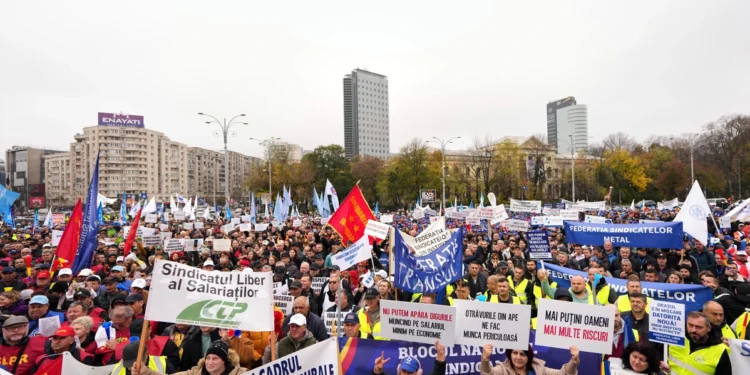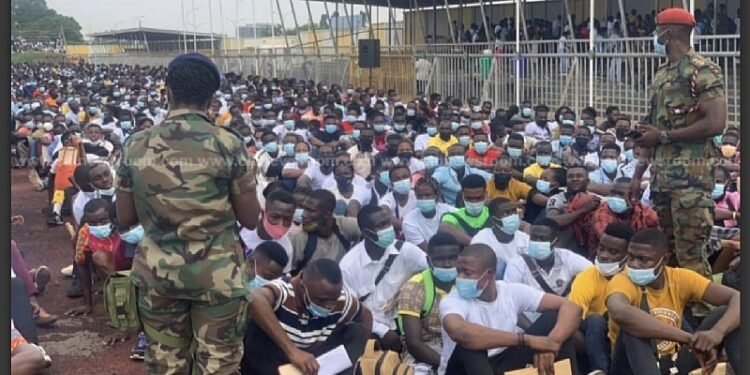The reintroduction of the Ewoyaa lithium mining lease agreement in Parliament has sparked sharp backlash from the Minority Caucus, led by former Lands and Natural Resources Minister, Samuel Abu Jinapor, who has accused the government of political inconsistency by re-submitting an agreement that is “virtually identical” to the one the ruling government previously rejected in 2024.
The Damongo legislator argued that the same deal, once rejected by the National Democratic Congress (NDC) during his tenure, is now being re-tabled with virtually no changes.
Speaking on the floor of the House, Hon. Jinapor reminded Members that he was the one who initially presented the Ewoyaa lithium agreement to Parliament last year when he served as Minister for Lands and Natural Resources.
“The unsuccessful attempt we made in the 8th Parliament to lay a similar agreement for the exploitation of our lithium resources involved the same two parties, the Government of Ghana and Barari DV.
“Mr. Speaker, you personally took interest in that matter and invited me to your chamber, where you emphasised the need for us to carry the entire nation along because of the strategic importance of lithium.”
Samuel Abu Jinapor, former Lands and Natural Resources Minister
The lease, between the Government of Ghana and Barari DV Ghana Limited, the local subsidiary of Atlantic Lithium Limited has re-emerged for parliamentary consideration after it was previously rejected in 2024 under the same Speaker of Parliament.
He questioned the rationale behind the National Democratic Congress (NDC) government’s decision to return the same agreement it had vehemently opposed while in opposition.
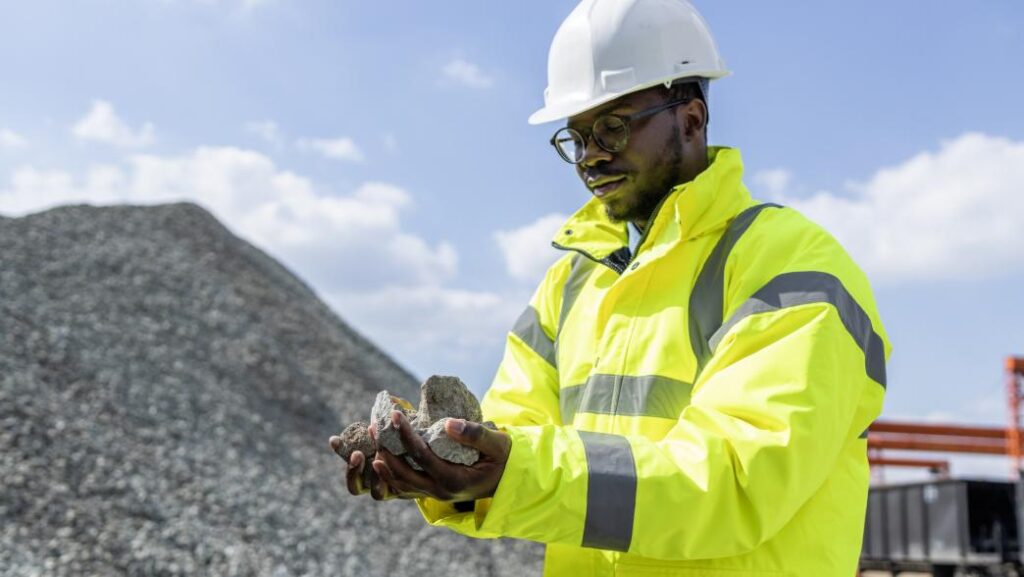
“The explanatory statement made by the current Minister for Lands and Natural Resources, the terms of it, the terms of the explanatory statement, is not fundamentally different from the terms of the explanatory statement I made in this House as Minister for Lands and Natural Resources.”
Samuel Abu Jinapor, former Lands and Natural Resources Minister
The Damongo legislator argued that the government’s latest submission mirrors almost word-for-word the presentation he made in 2024, yet at that time, the NDC minority insisted the deal did not serve Ghana’s best interests.
“Respectfully, I pray this laying be overruled and rejected. Mr. Speaker, the terms are fundamentally not different.
“Therefore, what applied to that agreement in the 8th Parliament, which culminated in the rejection of the attempt to lay that agreement, same should apply.”
Samuel Abu Jinapor, former Lands and Natural Resources Minister
Lithium Agreement
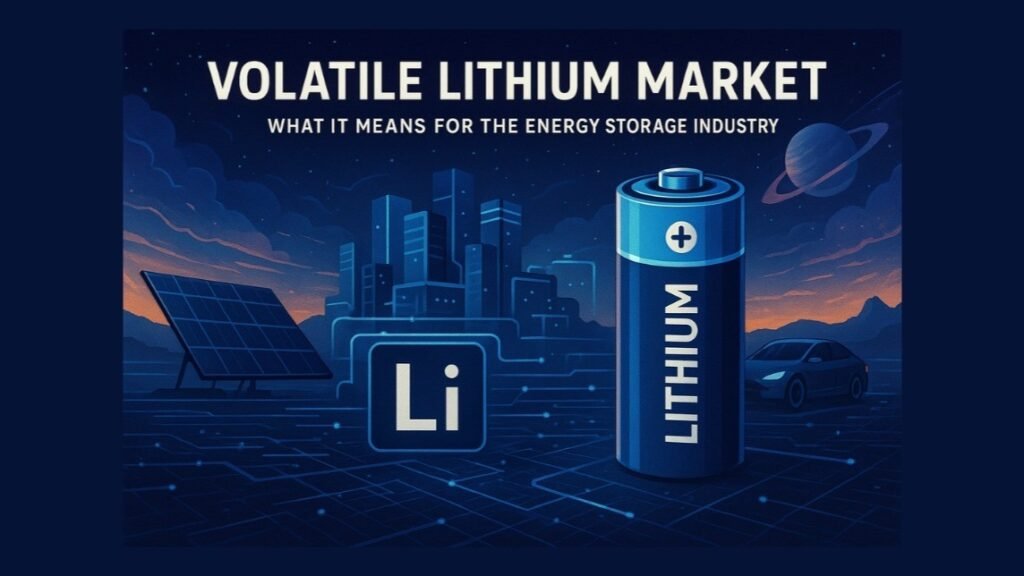
Under the 2024 version of the agreement, Ghana secured several concessions from Barari DV Ghana Limited, including a 10 percent royalty rate.
This was twice the standard rate applied to most other mineral resources, alongside a 13 percent free carried interest for the state and additional equity participation through the Minerals Income Investment Fund (MIIF).
The agreement also included a 1 percent contribution to a community development fund and a firm commitment to local processing and value addition within Ghana.
These terms were hailed at the time by the government as the strongest in the country’s mining history, positioning Ghana to benefit from its lithium reserves, a critical mineral for electric vehicle batteries and renewable energy technologies.
Yet, despite these gains, the then-opposition NDC caucus rejected the deal, insisting that it was unfair, opaque, and needed to be renegotiated.
Now, with the NDC in power, the reintroduction of an alleged nearly identical lease has raised questions of policy consistency.
Hon. Jinapor accused the government of double standards, noting that little has changed since the original negotiations. “What has changed in the agreement between the government of Ghana and Barari DV and the terms of the agreement in 2025?” he asked.
Sources close to the parliamentary discussions suggest that the revised version being laid before Parliament may even feature a lower royalty rate than the one secured in 2024, further deepening concerns among industry analysts about the fiscal implications for Ghana.
The development has sparked renewed debate over how the country should manage its emerging lithium industry at a time when global competition for critical minerals is intensifying
New Lithium Deal Under Scrutiny
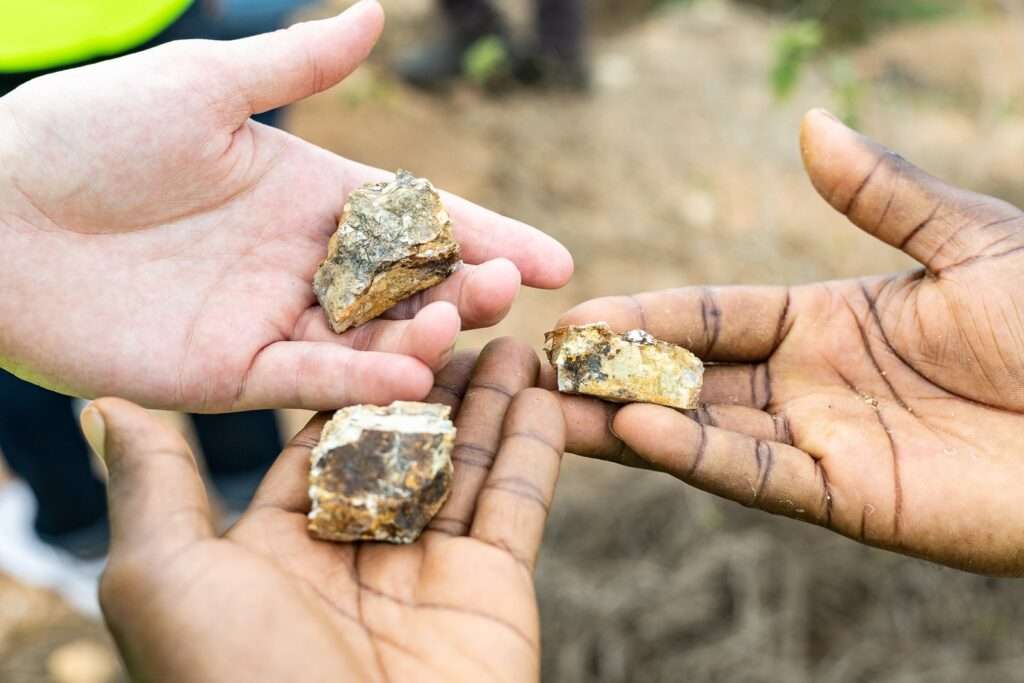
The Ewoyaa lithium project, located in the Mfantseman Municipality of the Central Region, is Ghana’s first major attempt to commercialise its lithium resources.
The project is expected to attract significant foreign investment and help position the country within the global green energy supply chain.
Industry experts view it as a potential catalyst for downstream industrialisation, particularly in battery manufacturing and mineral processing.
However, the controversy surrounding the lease underscores persistent challenges in Ghana’s natural resource governance, chief among them transparency, fiscal responsibility, and political coherence.
Hon. Jinapor’s intervention also points to a growing political divide over how Ghana should balance the need to attract investment with the imperative of securing maximum national benefit.
Hon. Jinapor reiterated, “Mr. Speaker, same should apply,” referencing the earlier parliamentary decision to reject the deal.
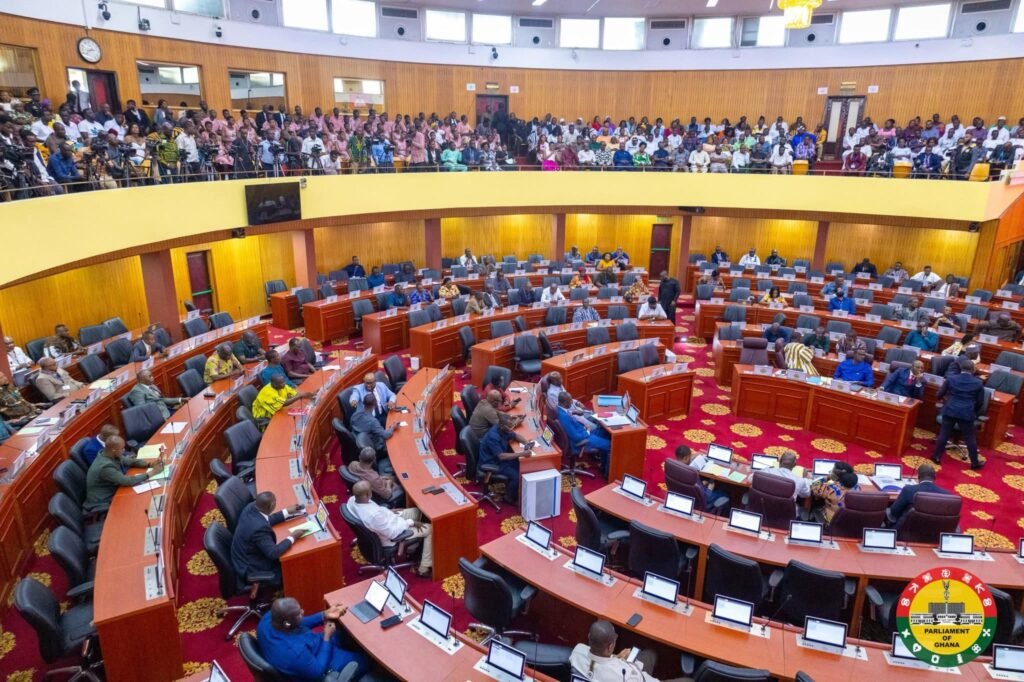
“I have the various components that the Minister has submitted to this House as being the fundamental terms of the agreement between the same two parties. The terms are fundamentally not different.”
Samuel Abu Jinapor, former Lands and Natural Resources Minister
The issue is expected to dominate parliamentary debate in the coming days as the House begins its review of the new lease.
The Speaker has since referred the agreement to the Committee on Lands and Natural Resources for detailed examination and reporting, paving the way for further scrutiny of the revised terms.
While the government argues that the updated lease represents a necessary adjustment to reflect current market realities, critics like Abu Jinapor maintain that the deal remains structurally similar to the one that Parliament rejected just a year ago.
As the debate intensifies, the Ewoyaa lithium deal continues to sit at the crossroads of politics, policy, and economic opportunity.
Whether Parliament will ratify the agreement or send it back for further renegotiation remains to be seen but for now, the controversy underscores Ghana’s ongoing struggle to balance resource exploitation with national interest.
READ ALSO: Ato Forson Promises Renewed Investment for Benso Oil Palm Plantation

